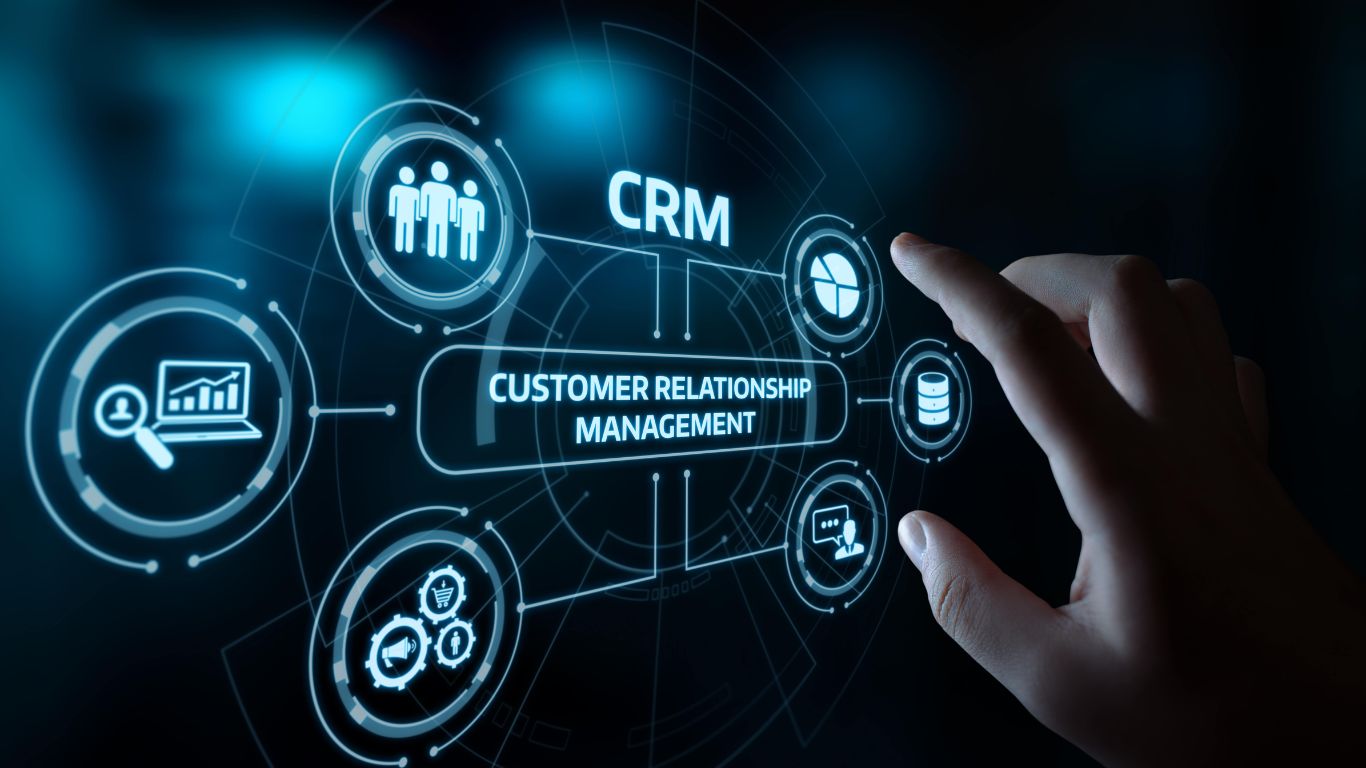
Customer Relationship Management (CRM) is a game-changer for businesses, big or small. But what exactly is CRM? CRM is a strategy and technology used by companies to manage interactions with current and potential customers. It helps businesses streamline processes, build customer relationships, increase sales, improve customer service, and increase profitability. Imagine having all your customer data in one place, accessible with a few clicks. That’s the power of CRM. From tracking customer interactions to automating marketing efforts, CRM systems offer a plethora of features designed to boost efficiency. Whether you're a startup or a well-established company, understanding CRM can transform how you engage with your customers. Ready to dive into the world of CRM? Let's explore 27 fascinating facts about this essential tool.
Key Takeaways:
- CRM systems help businesses manage customer data, track interactions, and automate tasks, leading to improved customer service, increased sales, and enhanced customer retention.
- Different types of CRM systems cater to various business needs, offering features like contact management, sales forecasting, marketing automation, and mobile access.
What is Customer Relationship Management (CRM)?
Customer Relationship Management (CRM) refers to strategies, practices, and technologies companies use to manage and analyze customer interactions and data. The goal is to improve business relationships, retain customers, and drive sales growth.
- CRM systems help businesses manage customer data, track interactions, and streamline processes.
- CRM software can be cloud-based or on-premises, offering flexibility for different business needs.
- Salesforce is one of the most popular CRM platforms globally, known for its robust features and scalability.
Benefits of Using CRM
Implementing a CRM system can transform how a business operates, providing numerous advantages.
- Improved customer service is a significant benefit, as CRM systems store detailed information about customers.
- Increased sales result from better management of customer relationships and sales processes.
- Enhanced customer retention is achieved by understanding customer needs and preferences.
- Detailed analytics provided by CRM systems help businesses make informed decisions.
- Automated tasks like follow-up emails and reminders save time and reduce human error.
Types of CRM Systems
Different types of CRM systems cater to various business requirements, each with unique features.
- Operational CRM focuses on automating customer-facing processes like sales, marketing, and service.
- Analytical CRM analyzes customer data to provide insights for better decision-making.
- Collaborative CRM facilitates communication and collaboration between different departments.
Key Features of CRM Software
CRM software comes with a range of features designed to improve business efficiency and customer satisfaction.
- Contact management allows businesses to store and organize customer information.
- Sales management helps track sales pipelines and forecast revenue.
- Marketing automation streamlines marketing campaigns and tracks their effectiveness.
- Customer support features ensure timely and effective resolution of customer issues.
- Mobile access enables employees to access CRM data from anywhere.
Popular CRM Platforms
Several CRM platforms have gained popularity due to their features, ease of use, and scalability.
- HubSpot CRM offers a free version with essential features, making it ideal for small businesses.
- Zoho CRM provides a comprehensive suite of tools for sales, marketing, and customer support.
- Microsoft Dynamics 365 integrates seamlessly with other Microsoft products, offering a unified experience.
- Pipedrive is known for its intuitive interface and sales-focused features.
CRM Implementation Challenges
While CRM systems offer many benefits, implementing them can come with challenges.
- Data migration can be complex, especially when moving from an old system to a new one.
- User adoption is crucial for CRM success, requiring proper training and support.
- Customization needs can vary, making it essential to choose a CRM that fits the business's unique requirements.
- Integration with existing systems can be challenging but is necessary for a seamless workflow.
Future Trends in CRM
The CRM landscape is constantly evolving, with new trends shaping its future.
- Artificial Intelligence (AI) is being integrated into CRM systems to provide predictive analytics and automation.
- Social CRM focuses on managing customer interactions on social media platforms.
- Voice-activated CRM uses voice commands to access and update customer information, improving efficiency.
Final Thoughts on CRM Facts
Customer Relationship Management (CRM) systems have revolutionized how businesses interact with customers. These tools streamline communication, improve customer satisfaction, and boost sales. CRM systems help companies understand customer needs, track interactions, and manage data efficiently. They also enable personalized marketing, leading to better customer retention.
Adopting a CRM system can transform a business's approach to customer service. It provides valuable insights into customer behavior, helping businesses make informed decisions. Moreover, CRM systems enhance collaboration among team members, ensuring everyone is on the same page.
In today's competitive market, leveraging CRM technology is essential for staying ahead. Businesses that invest in CRM systems are better equipped to build strong customer relationships and achieve long-term success. So, if you haven't already, consider integrating a CRM system into your business strategy. It could be the game-changer you need.
Frequently Asked Questions
Was this page helpful?
Our commitment to delivering trustworthy and engaging content is at the heart of what we do. Each fact on our site is contributed by real users like you, bringing a wealth of diverse insights and information. To ensure the highest standards of accuracy and reliability, our dedicated editors meticulously review each submission. This process guarantees that the facts we share are not only fascinating but also credible. Trust in our commitment to quality and authenticity as you explore and learn with us.
